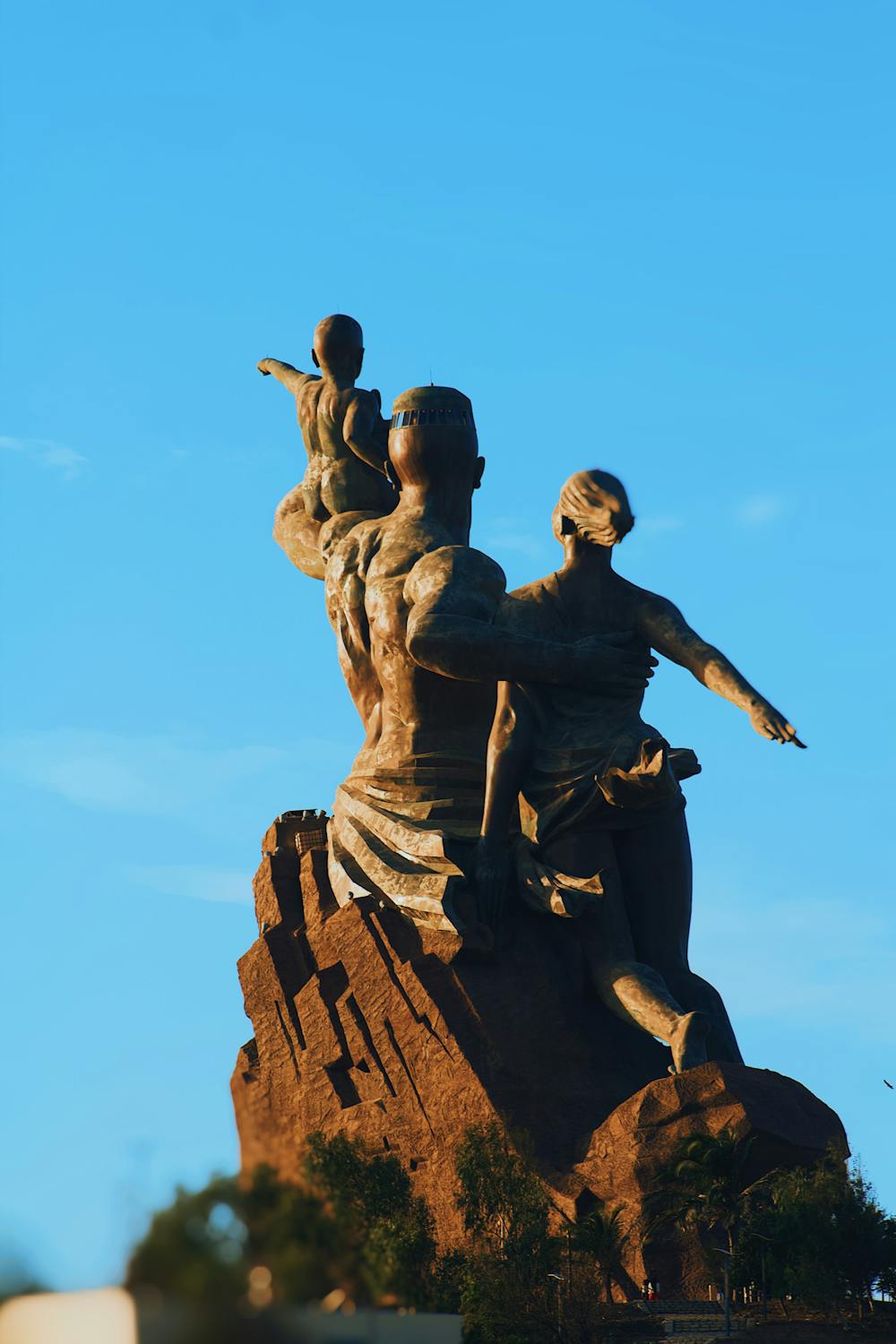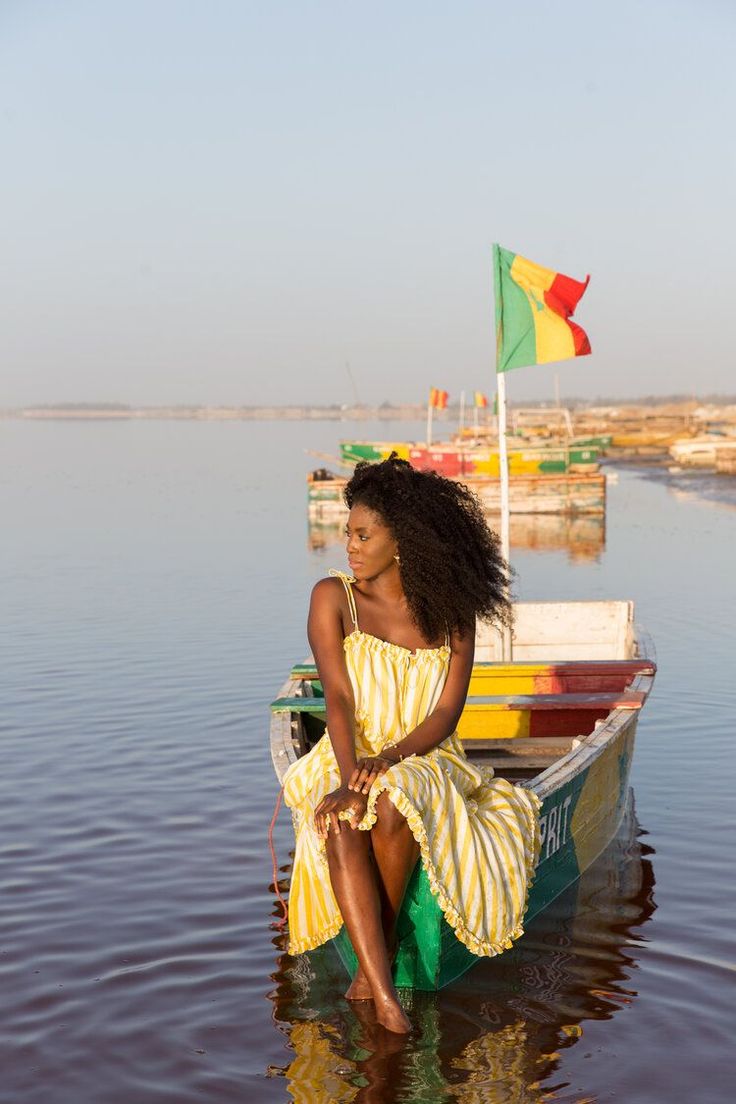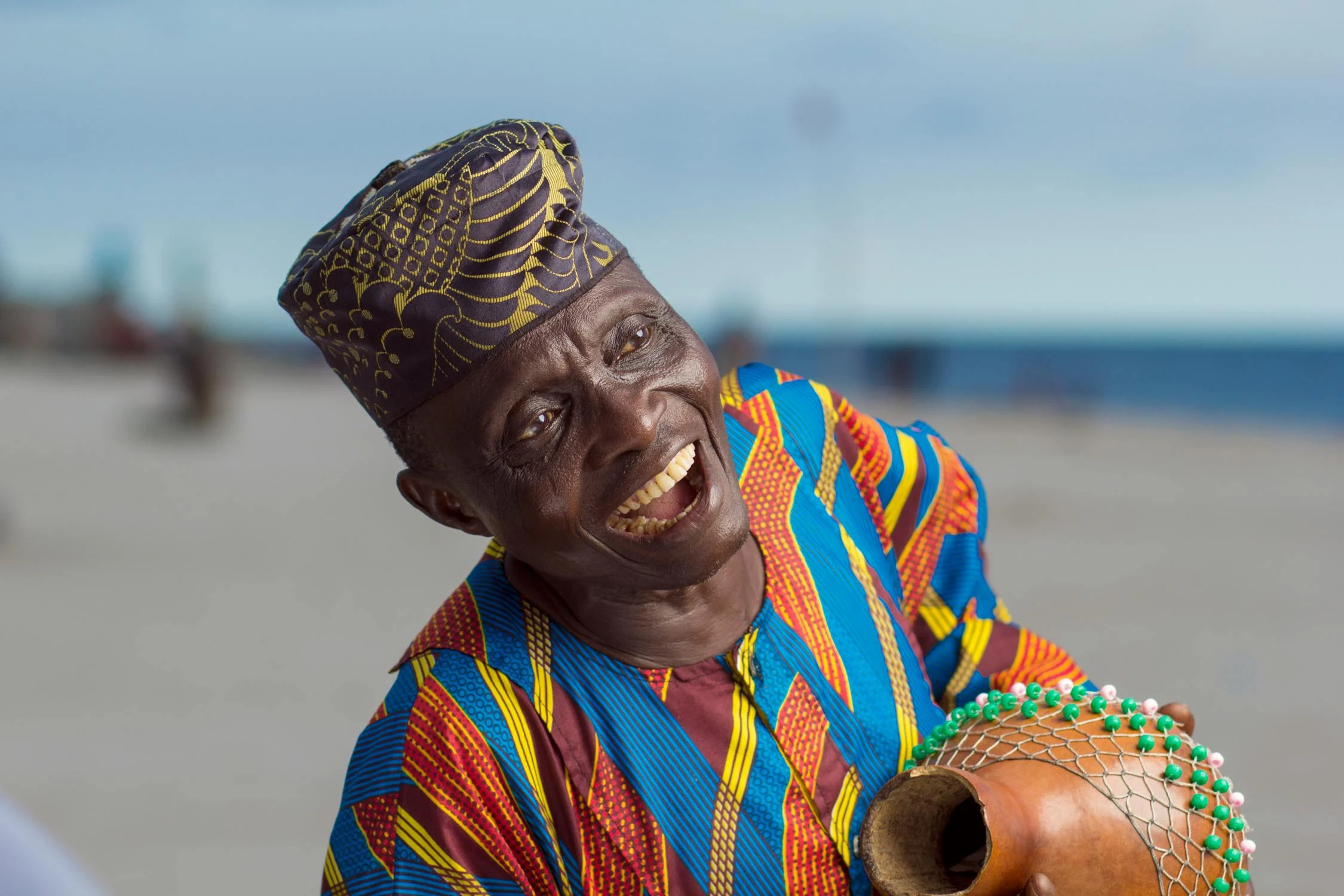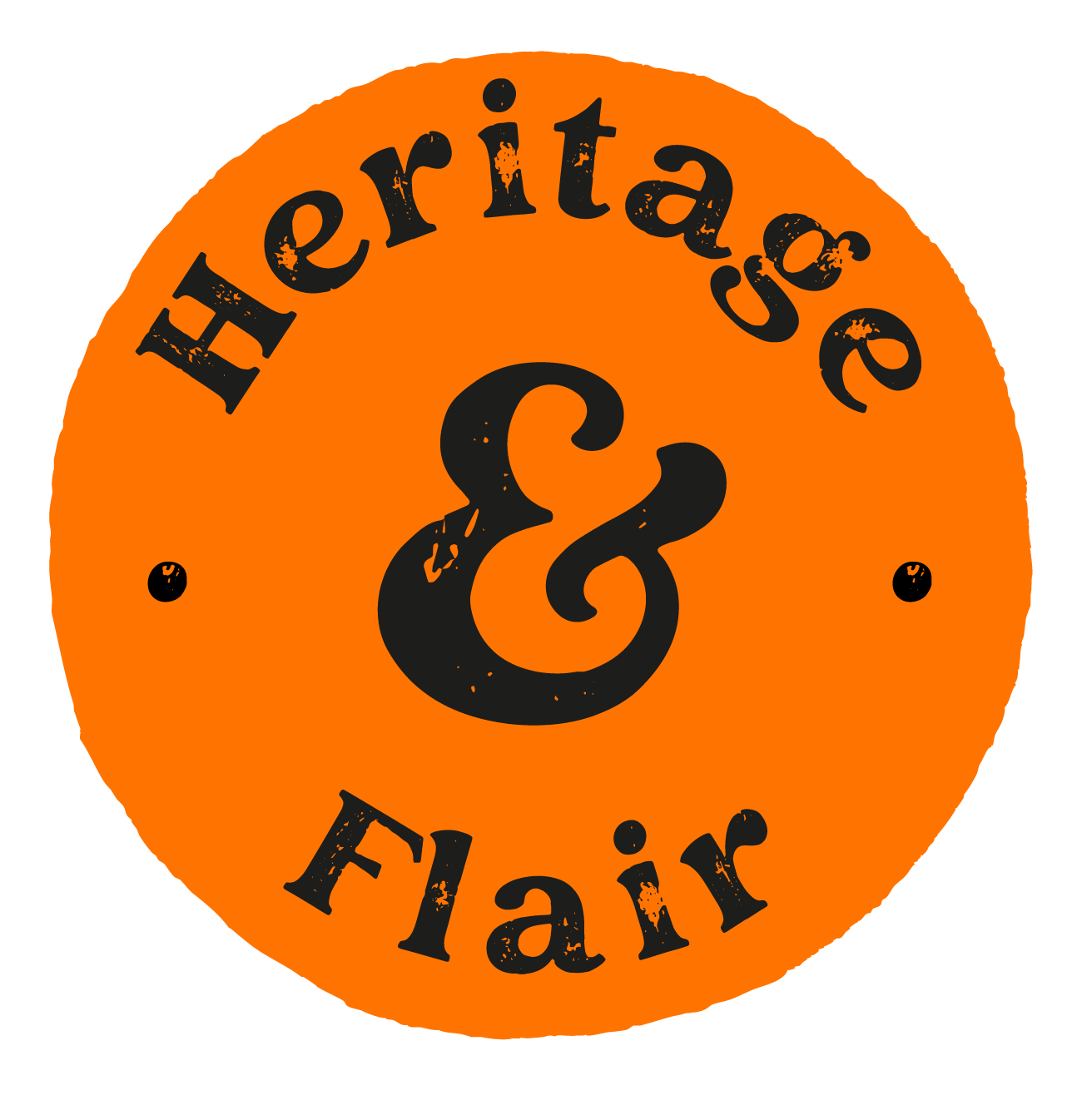
Photo by Toro Tseleng
SENEGAL
Senegal is a country located in West Africa, covering an area of approximately 196,722 square kilometers. It is bordered by the Atlantic Ocean to the west, Mauritania to the north, Mali to the east, and Guinea and Guinea-Bissau to the south. The Gambia, a narrow country, runs through the middle of Senegal, creating a unique geographical feature.
The capital city of Senegal is Dakar, which is the largest city and serves as the country’s political, economic, and cultural center. The official language of Senegal is French, while indigenous languages such as Wolof, Pulaar, and Serer are widely spoken.
The region was once part of the Ghana, Mali, and Jolof Empires before becoming a key hub in the trade networks of the Atlantic. In the 19th century, Senegal was colonized by France and remained under French rule until it gained independence in 1960. The first president, Léopold Sédar Senghor, played a crucial role in shaping the country’s political and cultural identity, promoting African socialism
The government of Senegal operates as a republic with a democratic political system. The President serves as the head of state and government, and the country has a multi-party system that allows for competitive elections. Senegal is considered one of the most stable democracies in Africa, with peaceful transitions of power and a strong commitment to democratic governance.
Senegal’s economy is diverse, with key sectors including agriculture, fishing, mining, and tourism. The country is a leading producer of peanuts, fish, and phosphates.
In recent years, efforts have been made to develop industries such as energy, infrastructure, and digital services. The discovery of oil and gas reserves has the potential to significantly impact Senegal’s economic growth.
Senegal has a vibrant cultural heritage, with a strong influence from Wolof, Serer, and Pulaar traditions. Music plays an essential role in the country’s identity, with genres like Mbalax, popularized by artists such as Youssou N’Dour, blending traditional and modern influences. Senegalese literature and arts are also thriving.
Senegal boasts a variety of natural wonders, including the stunning beaches along its Atlantic coast, the Saloum Delta, and the Niokolo-Koba National Park. The country also has historic sites such as the island of Gorée, a UNESCO World Heritage site that played a significant role in the transatlantic slave trade, and the colonial architecture of Saint-Louis.
Senegalese cuisine is also renowned, with dishes like thieboudienne (rice and fish), yassa (marinated chicken or fish), and maafe (peanut stew) being widely enjoyed.
Hidden Insights: Uncovering Senegal
1. Gorée Island: This UNESCO World Heritage site near Dakar was a major hub in the transatlantic slave trade. The House of Slaves and its Door of No Return serve as powerful reminders of this painful history.
2. Saint-Louis: The colonial-era city of Saint-Louis, a UNESCO-listed site, showcases Senegal’s rich architectural heritage. Its vibrant music scene and annual jazz festival make it a cultural hotspot.
3. Niokolo-Koba National Park: This protected area in southeastern Senegal is home to diverse wildlife, including lions, elephants, and hippos. It is one of the most significant conservation sites in West Africa.
4. Lake Retba: Also known as the Pink Lake, this unique body of water gets its color from algae that thrive in its high salt content. It is a major tourist attraction and an important source of salt production.

Photo by Mohau Mannathoko

Photo by Toro Tseleng
Capital City: Dakar
Population: 18,847,519
Nationality: Senegalese (singular and plural)
Location: Western Africa, bordering the North Atlantic Ocean, between Guinea-Bissau and Mauritania
Languages: French (official), Wolof, Pulaar, Jola, Mandinka, Serer, Soninke
Religion: Muslim 97.2% (most adhere to one of the four main Sufi brotherhoods), Christian 2.7% (mostly Roman Catholic) (2019 est.)
Area Total: 196,722 sq km
Senegal Embassy in United Kingdom:
47 Bedford Row
London WC1R 4LR
Website
www.senegal-embassy.uk/
Correcting The Map: The True Size Of Africa
The Mercator Projection downplays the size of Global South continents as it makes the Global North look larger
Heritage: What shapes us?
When heritage is mentioned, our minds often leap to the spectacular and the visible: the grandeur of world heritage sites, the majesty of traditional attire, the vibrant swirl of dances and festivals, or the melodies of mother tongues. These are the showpieces of...
HER-itage: Africa’s Phenomenal Queens And Leaders
Honouring and celebrating the incredible contributions of women throughout African history. These remarkable women have shaped nations, led revolutions, and stood against oppression with unwavering resilience. These queens, warriors, and visionaries broke barriers,...
